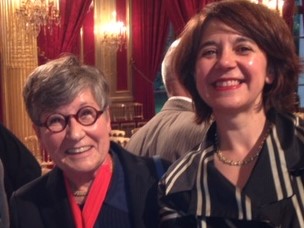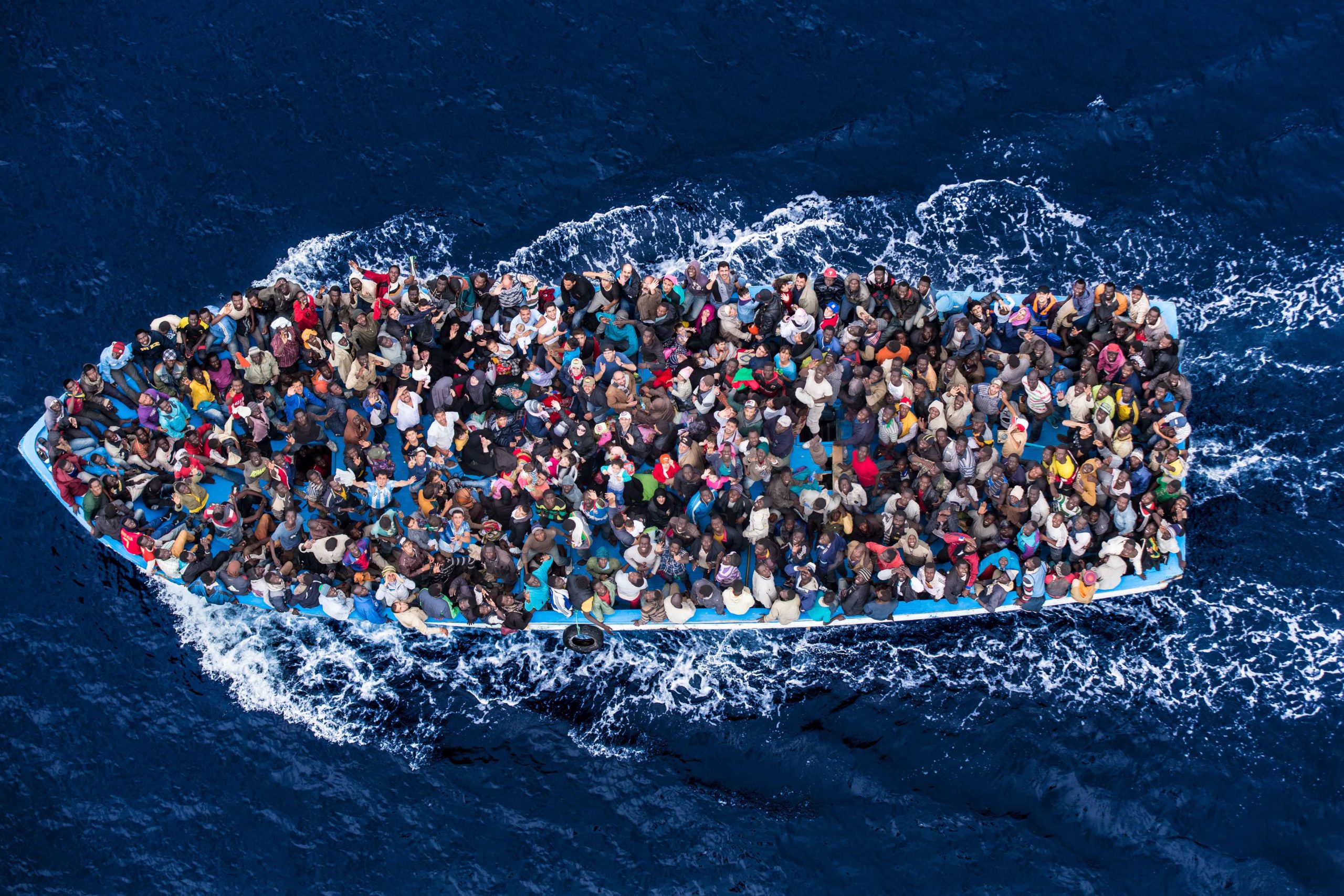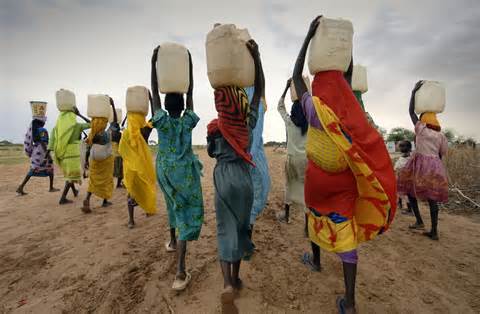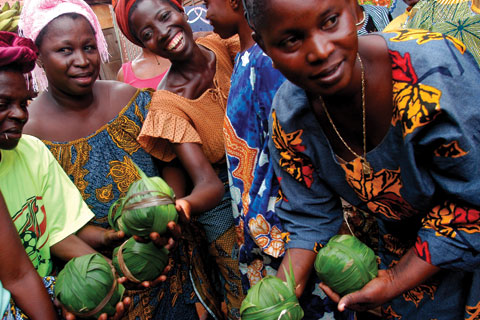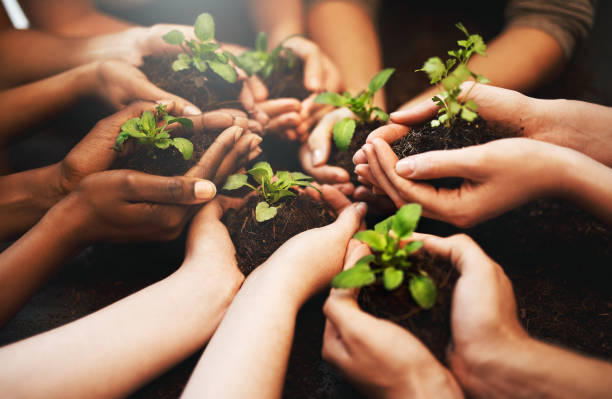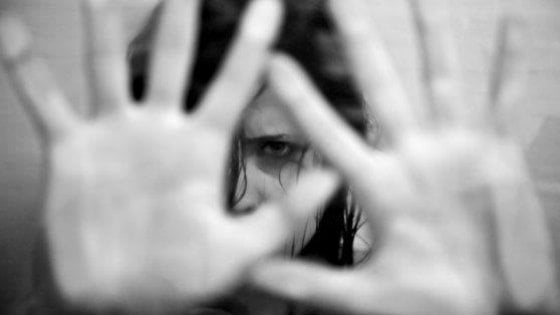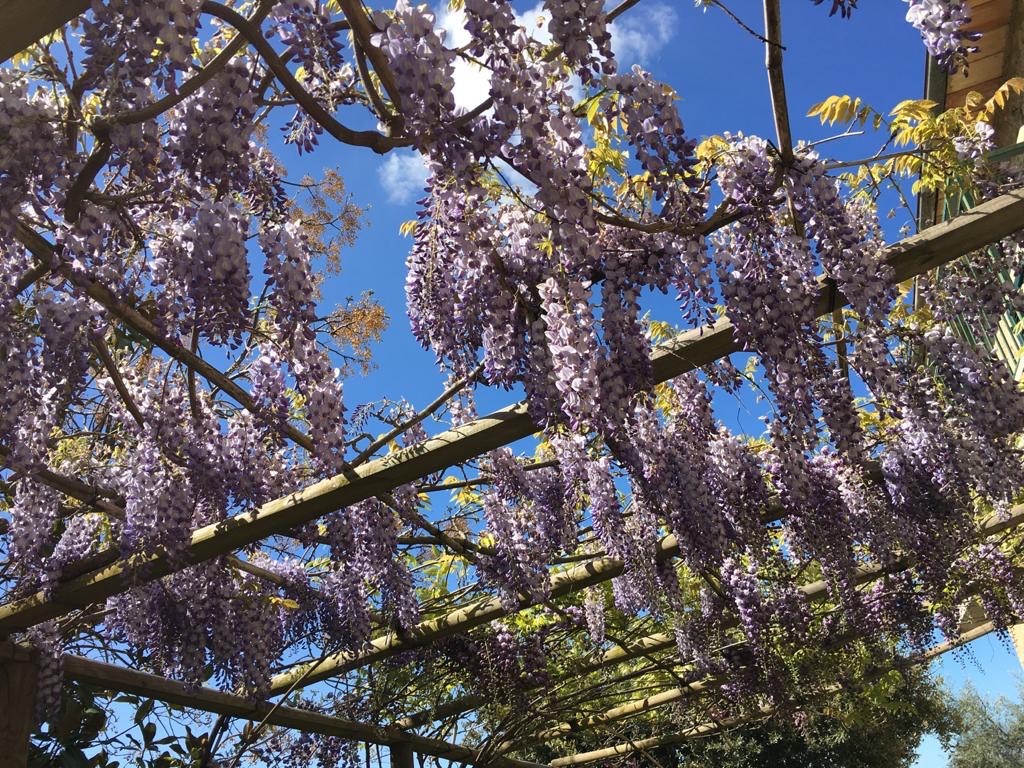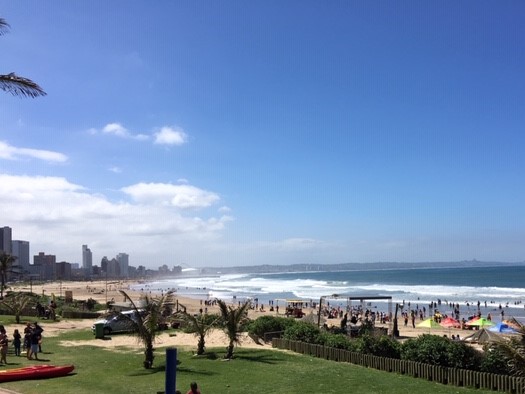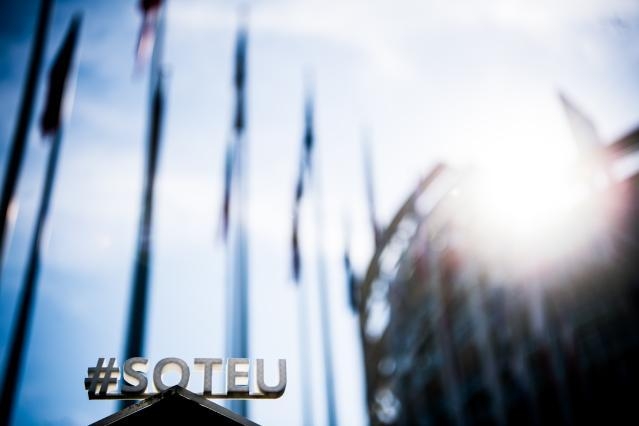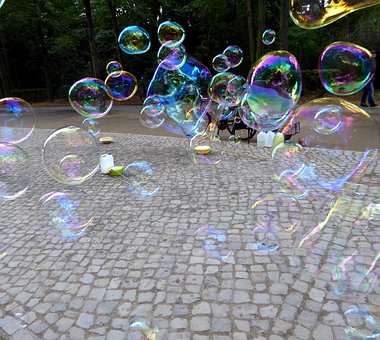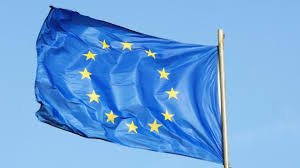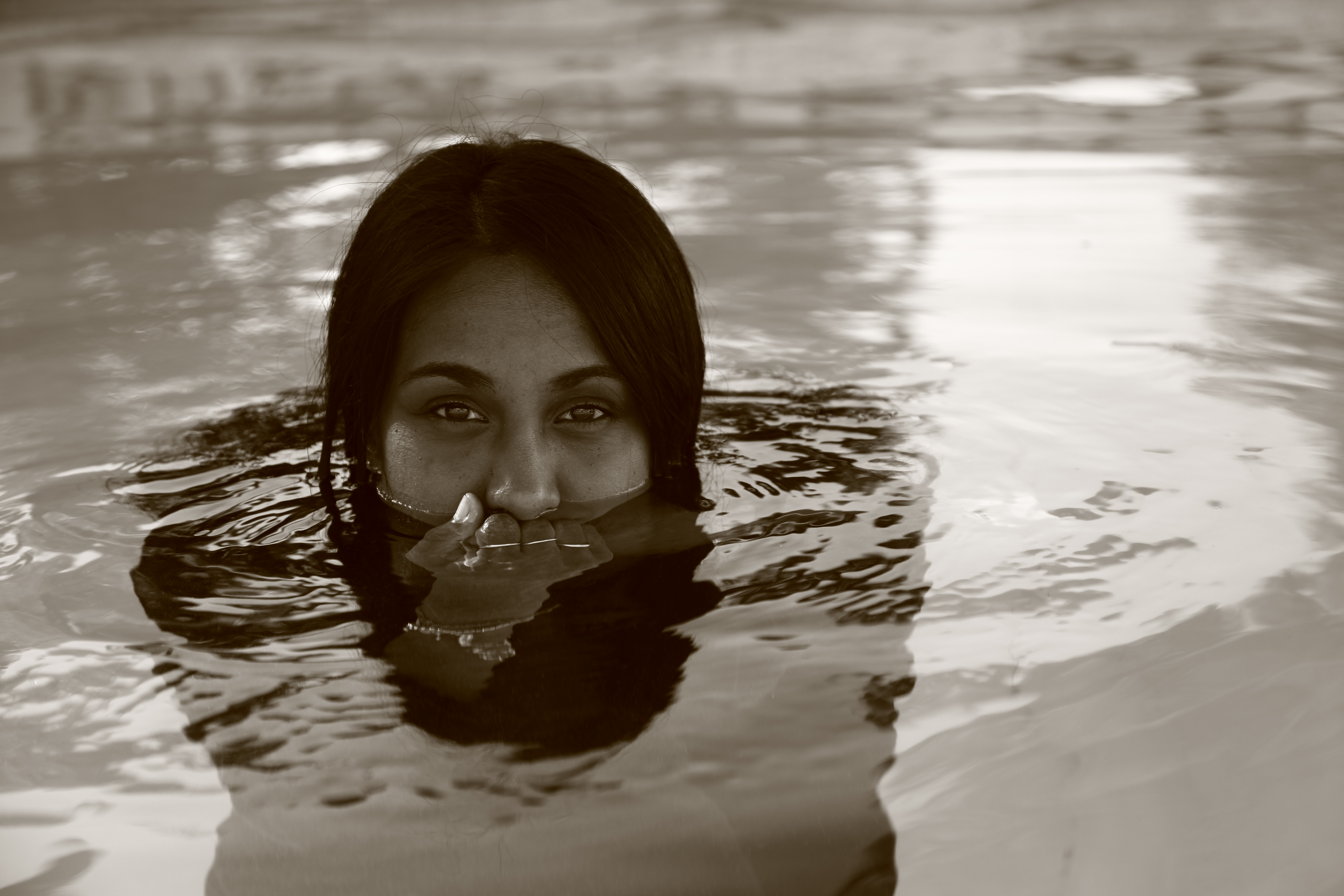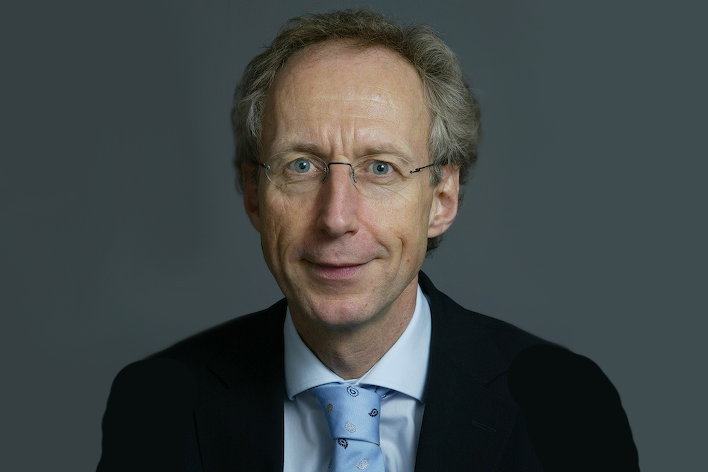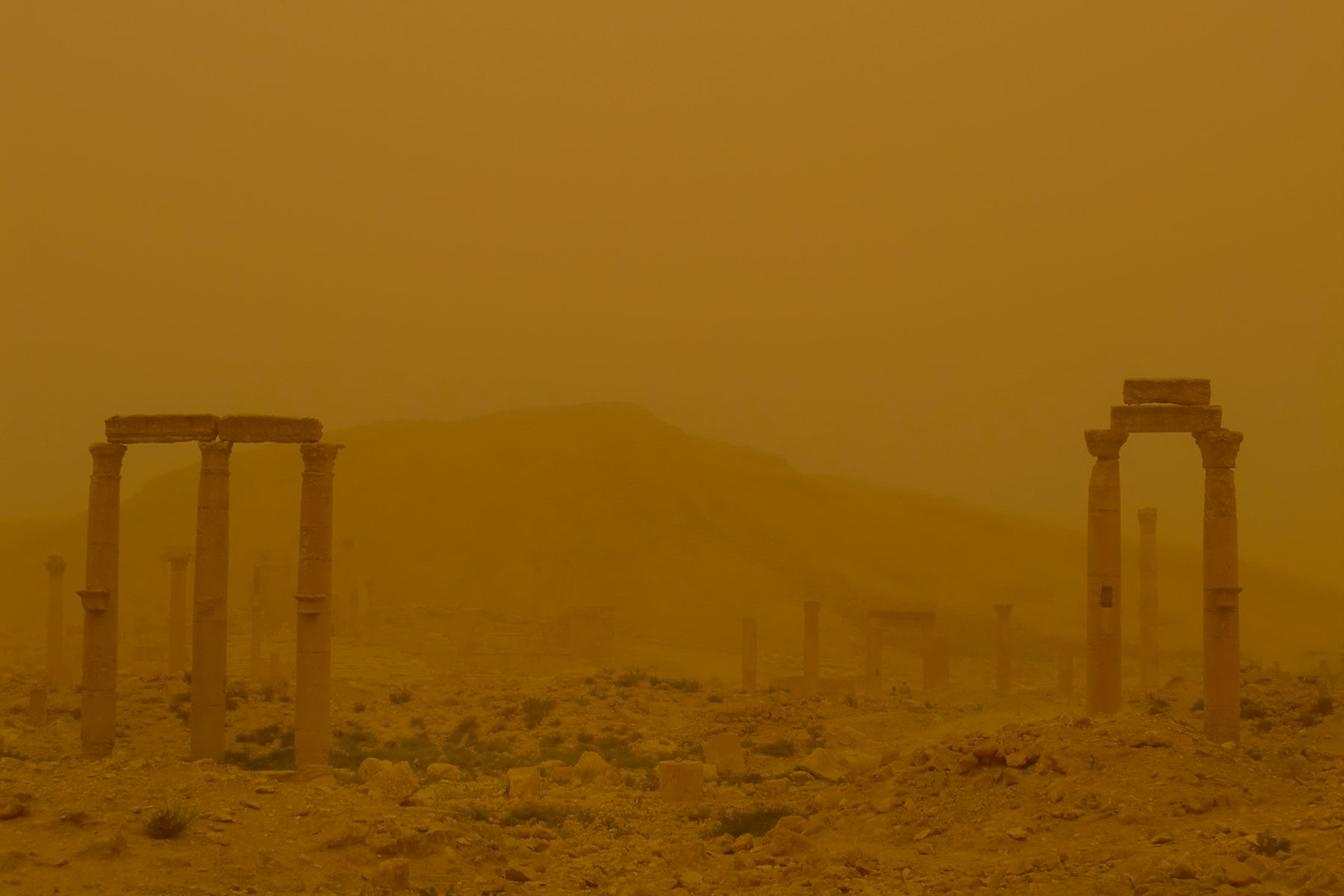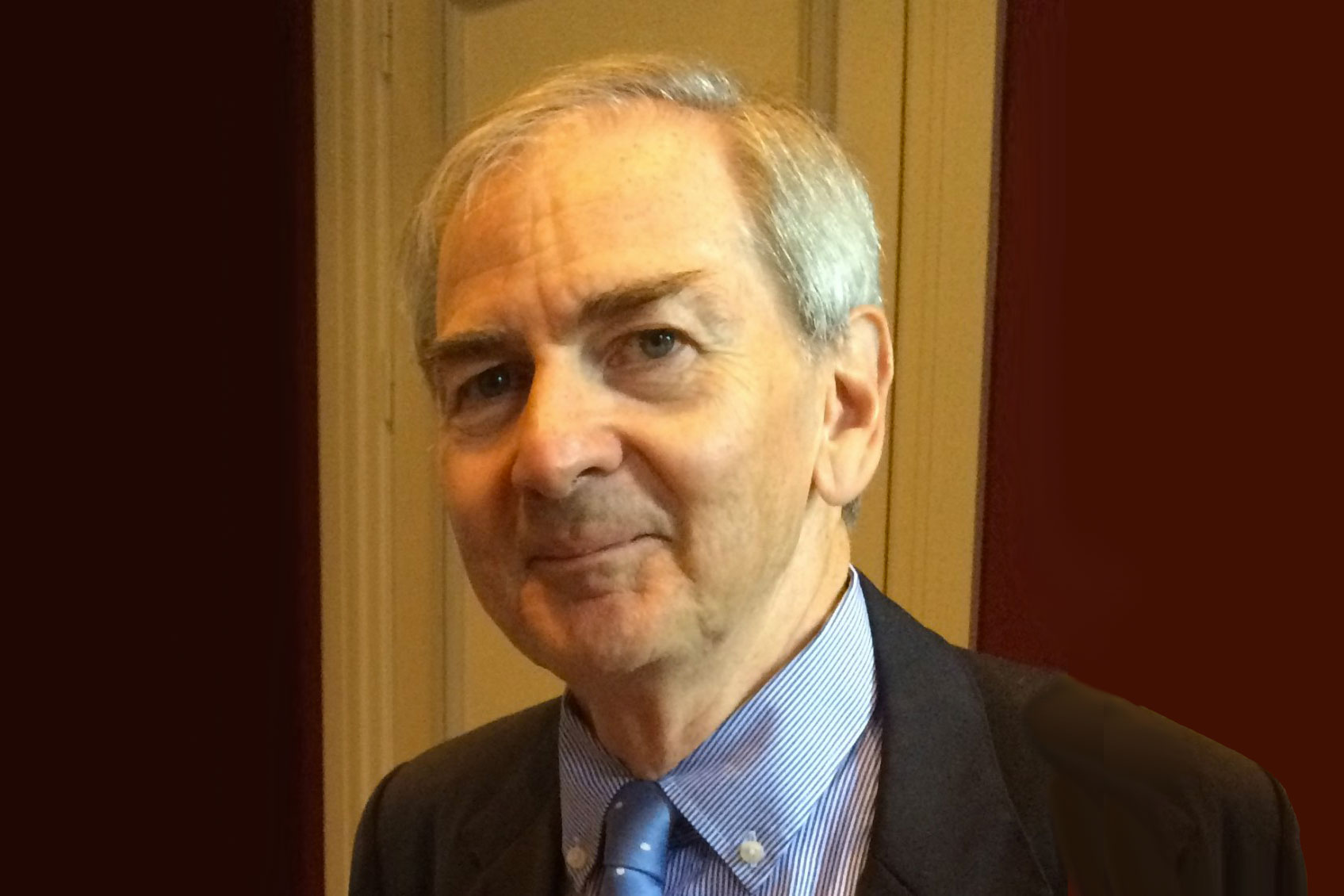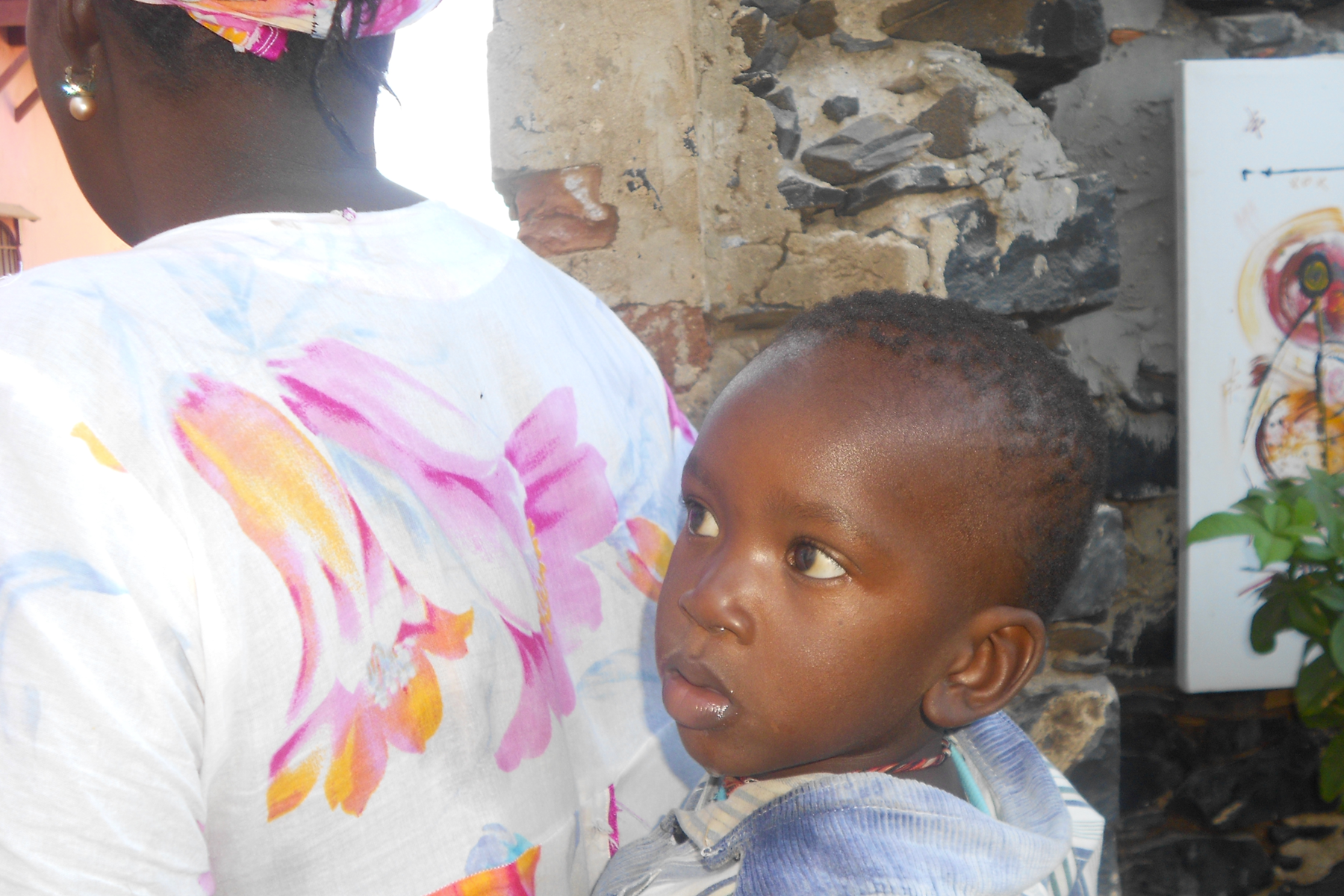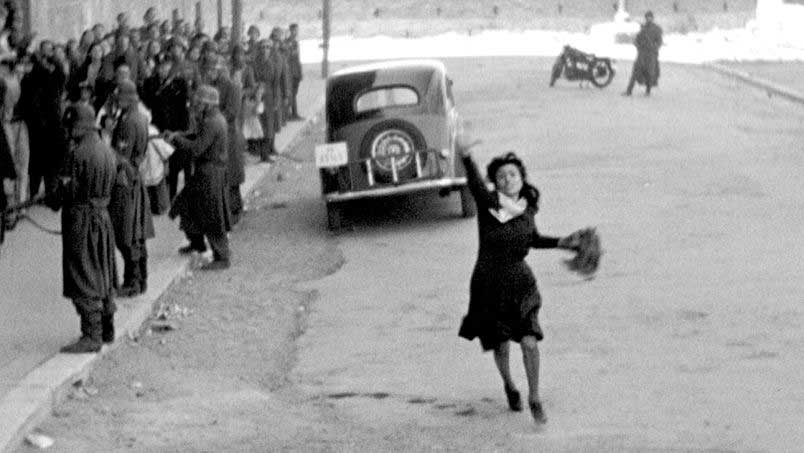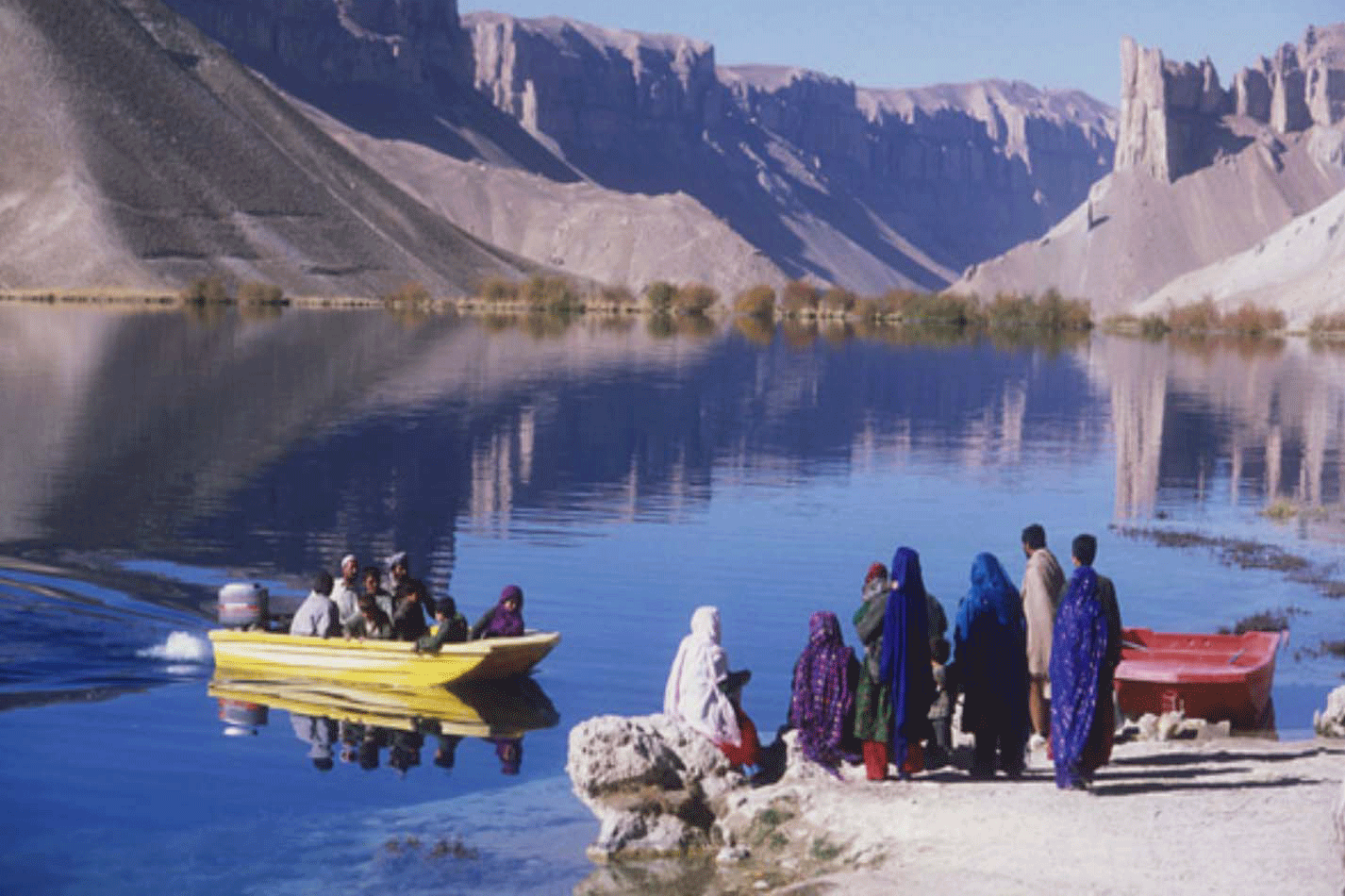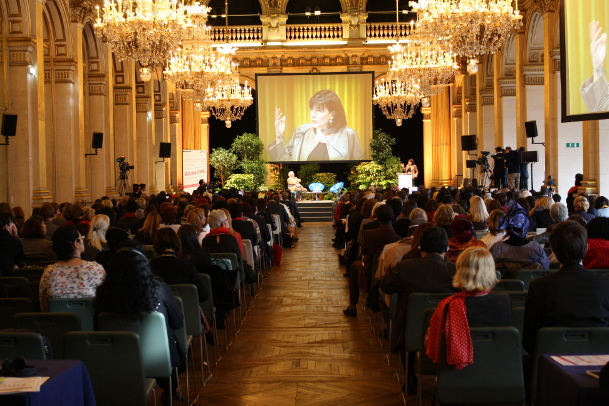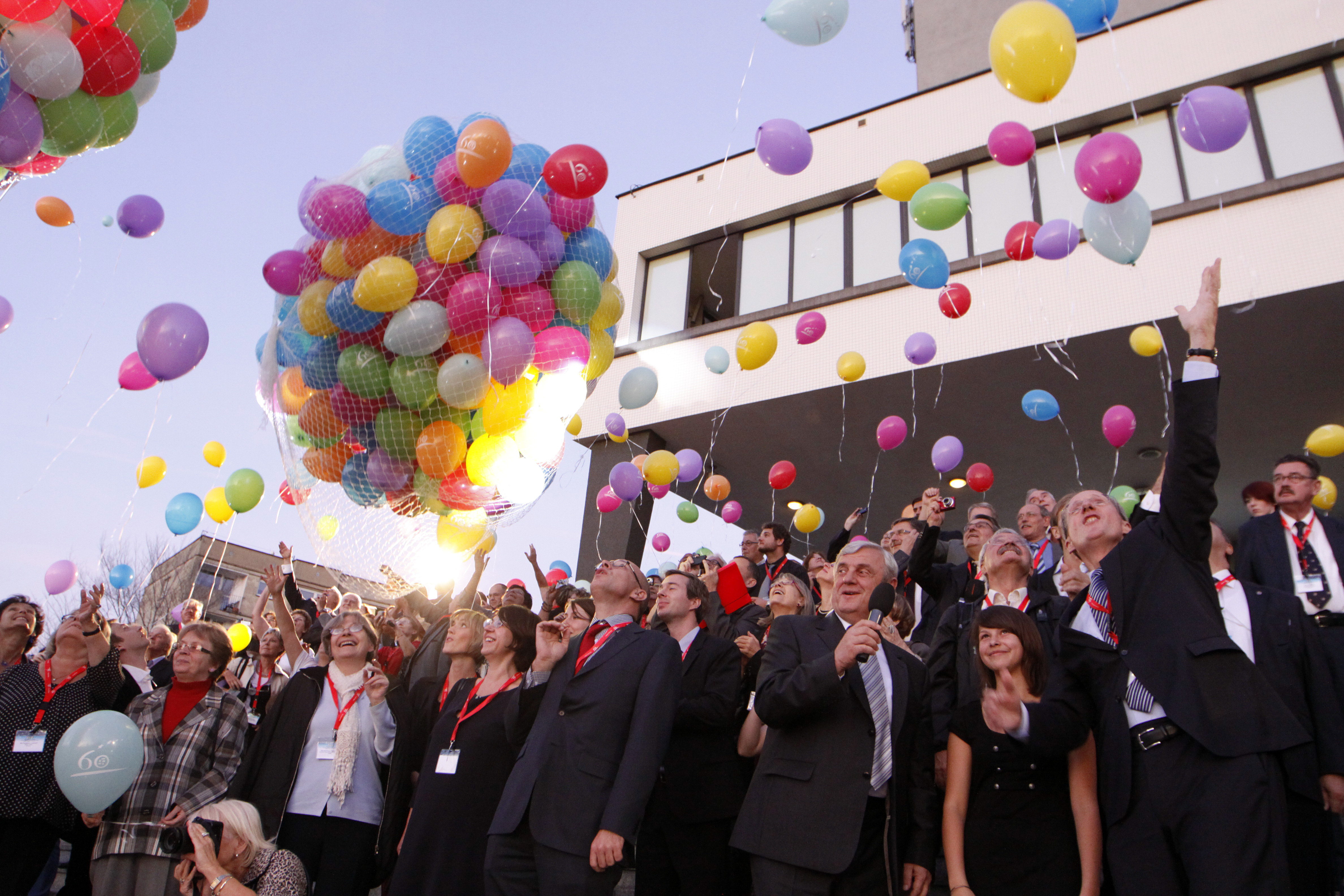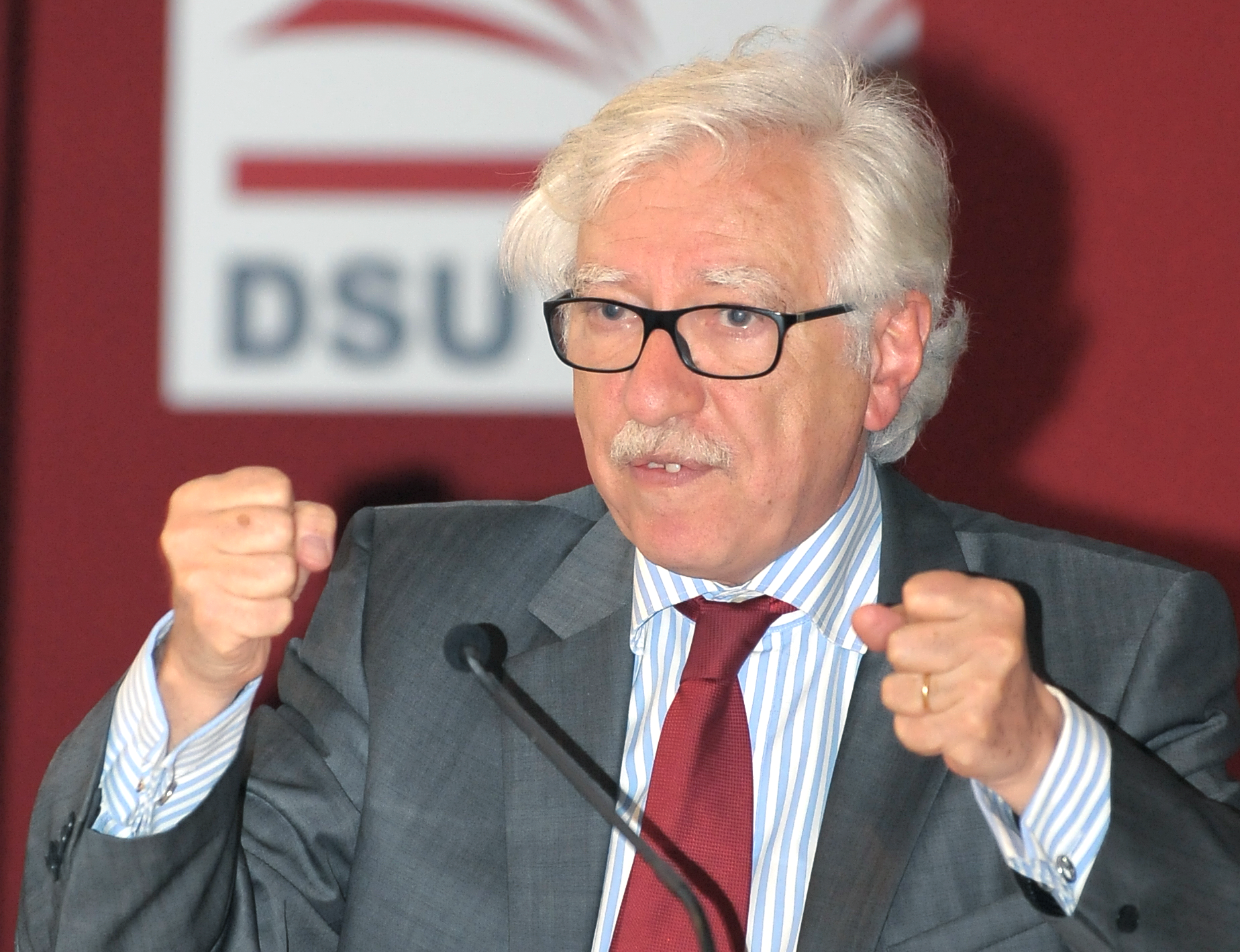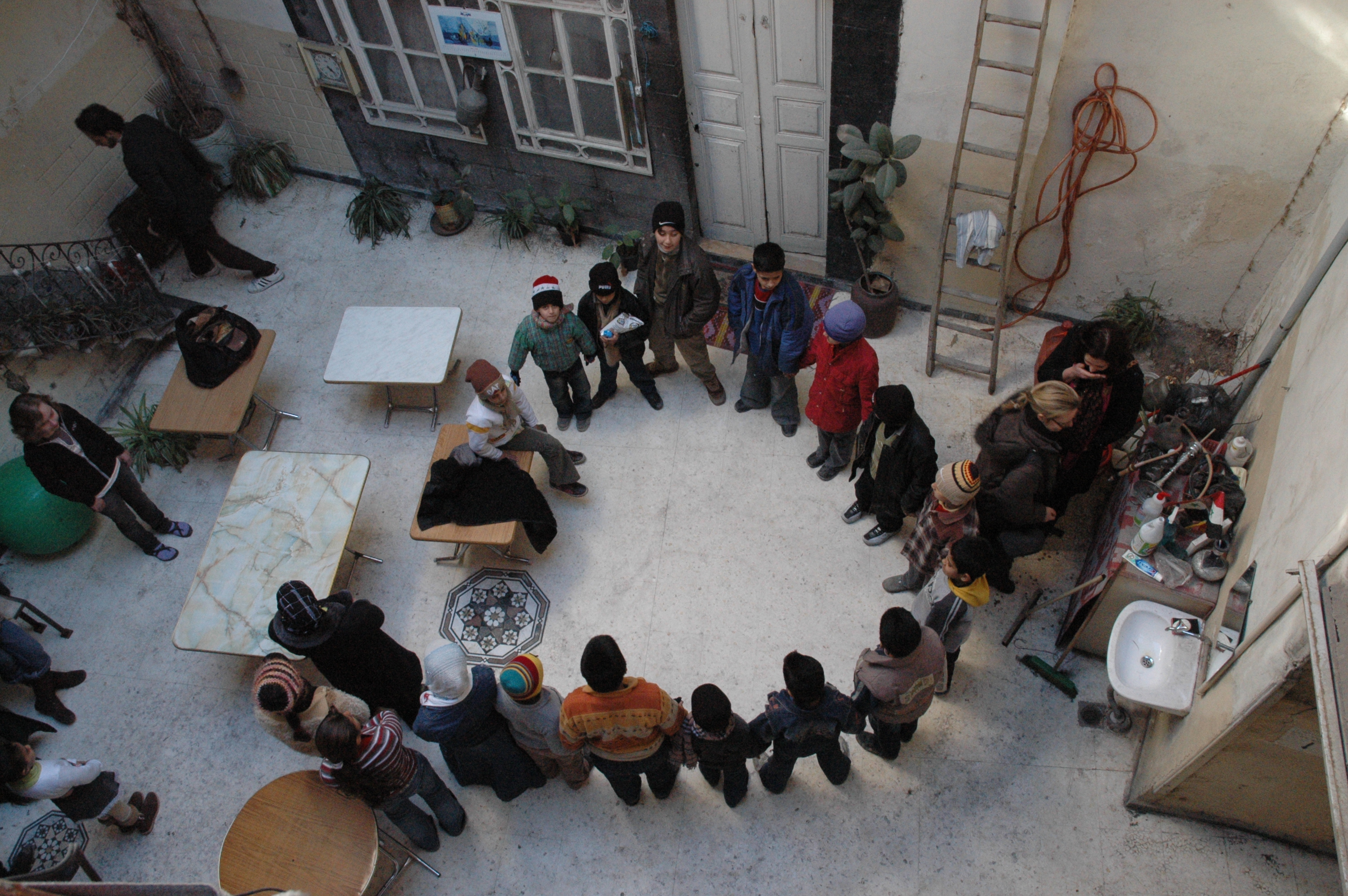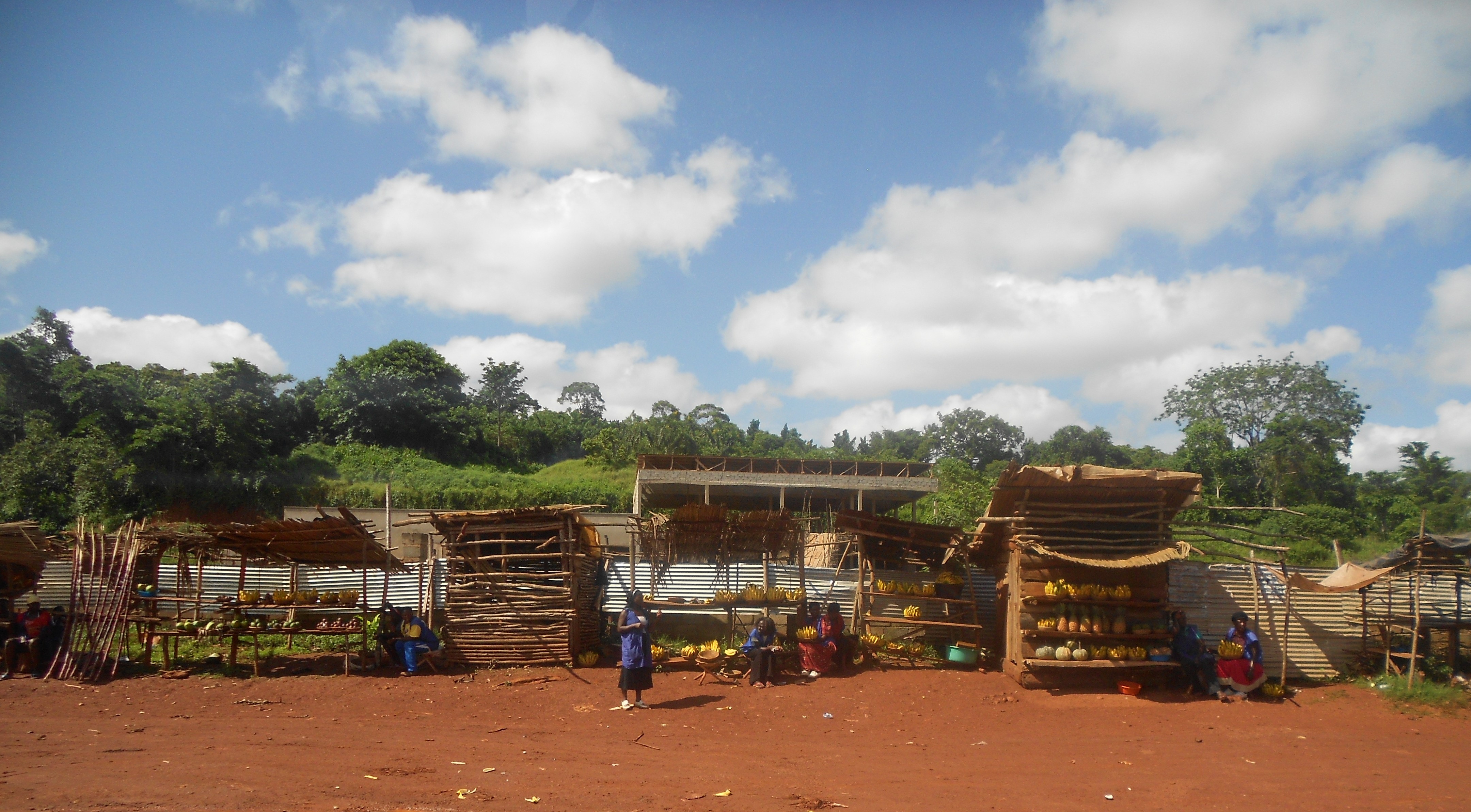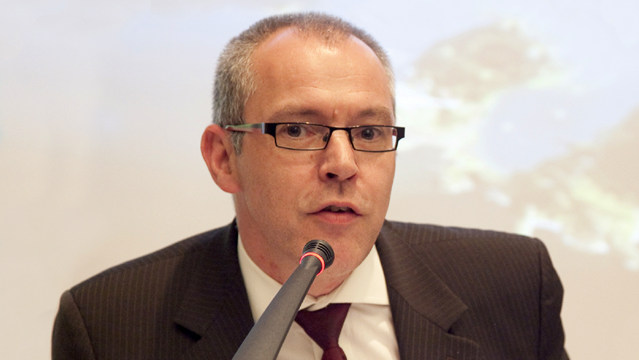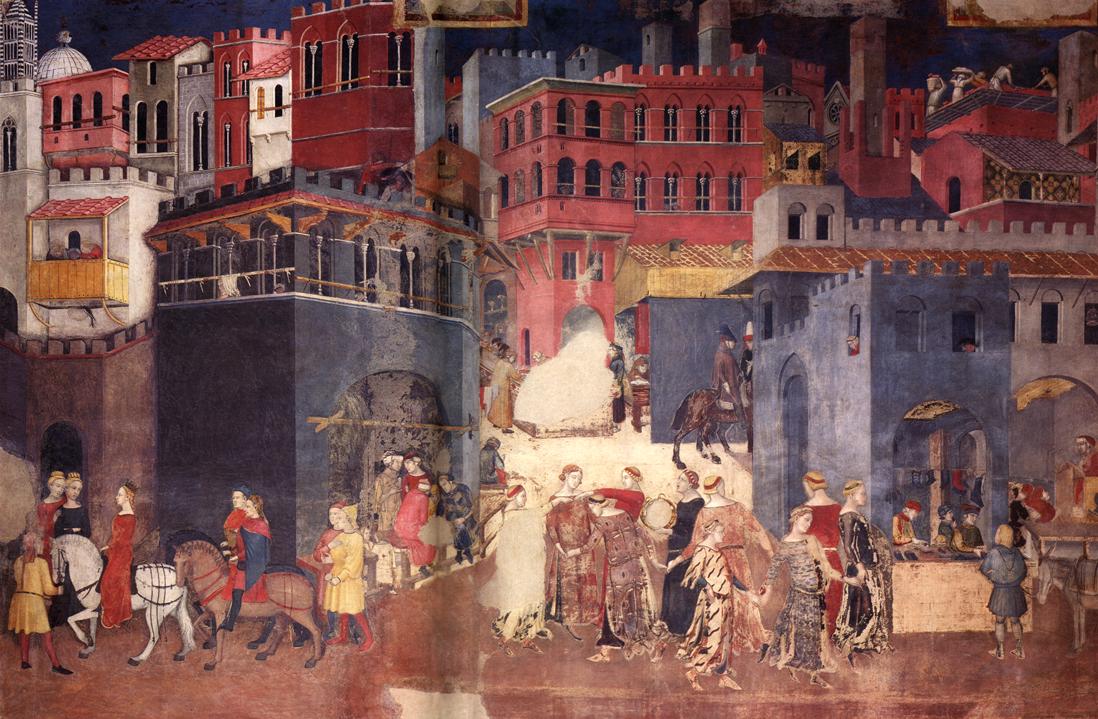In search of a new world
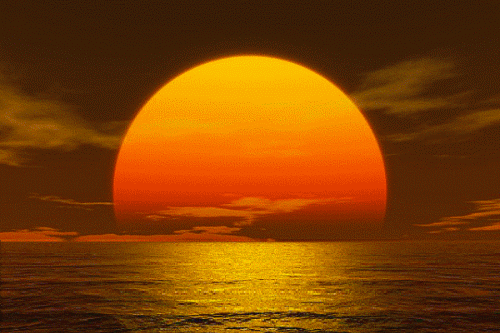
As we begin 2016, I would like to share with you my wish of a better year for all, one that will help mark the dawning of a new world and improve the lives of those who experience suffering, injustice, and poverty on a daily basis and have given up hope.
In this spirit, I wanted to devote an article on my blog to a course I took with Bertrand Badie through Sciences Po’s Mooc programme: “Espace Mondial: a French vision of global studies”.
Bertrand Badie was my professor at Sciences Po Paris more than 25 years ago; and even then I was passionate about his courses and his analyses of international relations. When I came across this course, I jumped at the chance to learn more about his analyses of the international system today.
The questions he raised in his course are ones that have always been at the heart of political science – the notion of the State, the place of power, war and peace, the paradigms necessary to build a better world. But in addressing these questions, he lingered on the issues of our time, which are also the challenges of the future: the question of identities, inequalities, migrations, religions, urbanisation, poverty.
Below are some facts and thoughts.
Our planet is home today to seven billion human beings. A United Nations report from 2014 predicts that this figure will have reached nine billion by 2050; at which time one-quarter of the population will be living in Africa, where the population of Ethiopia will be the double of France’s, where 74% of Nigeria’s population will be under 30, while this same age group in Europe will only amount to 29% and countries like Italy, Germany will be facing a decline in demographic growth. In Afghanistan, Burkina Faso, Burundi, Liberia, Mali, Niger, Uganda, Chad, Guinea Bissau, Democratic Republic of the Congo and East Timor, the populations will triple over the next 45 years, whereas it is these countries that are least able to provide enough food and housing for their populations.
Within 25 years, Italy will lose 3 million of its active population. Nigeria will gain 25 million more. How can a Nigerian not think about filling this growing vacuum in the north of the Mediterranean? The question comes up naturally!
Bertrand Badie also recalled that recent migrations, even if they have been at the forefront of current debates, only concern 3% of the population and that the main cause of these migrations is not to seek out better jobs, but to escape conflicts that have lasted for years and which have destroyed people’s hope of any future.
Urbanisation is the other major phenomenon of our time. The change is impressive if we consider that in 1950, 30% of the world’s population lived in cities, increasing to 50% in 2000, and that it will reach 65% in 2025 and 70% in 2050. This phenomenon has also witnessed the expansion of shanty towns, even if it has of course created new poles of growth, particularly in Africa, where there has been a particularly marked tendency towards urbanisation.
And what of inequalities? Six million people die of starvation each year and two million suffer from the effects of hunger and remain disabled as a result. Despite a rise in the threshold of poverty, a World Bank report this year estimates that 702 million people, or 9.6% of the world’s population, live below the poverty threshold of 1.90 dollars a day (recently increased).
We can continue listing our planet’s overwhelming state of affairs and I will most likely come back to this subject in the coming months. For now, I would like to discuss two topics from the course which particularly attracted my attention: the analysis that Bertrand Badie presented on globalisation and his perception regarding actors in international relations in the world today.
In his opinion, globalisation is still difficult to define; we can say what it is not, but we are not able to say what it is. Globalisation, as he recalled, does not imply internationalisation, nor does it mean liberalisation, universalisation, or westernisation. Globalisation is intriguing because of its manifestations – inclusion, mobility, interdependence – as well as its contradictions – between power and integration, power and no power, free markets and exclusion, and a global order and a fragmented order. But most of all,

globalisation makes it easier for new actors to get involved in today’s world.
Having spent a big part of my life immersed in the universe of local authorities, I could not remain indifferent to Professor Bertrand Badie’s position, which recognised the central place of Non-State Actors in today’s global area (these actors include local authorities!), and their very significant impact on the functioning of the international system.
In fact, he believed that today’s means of communication, which have done away with the notion of borders and territory specific to the classic view of the State, promotes networking as a way of life and gives non-state actors the chance to play a part not previously possible. It is a role that they can play as a result of the ease of access to information, education and through the tools of mobilisation and mobility provided by our society.
This new role of non-state actors of course comes with a price as far as the notion and place of the State are concerned. Born in the west out of the fragmented society of feudal times, the notion of the state coincided with the need at that time to establish a sovereign power over a given territory; according to Bertrand Badie, this reality came into being under the influential shadow of the Roman Catholic Church, founded by Saint Peter, to whom Jesus had transferred the power of representativeness. Given these European roots of our notions of the State, it is not realistic, according to the Professor, to try and export this purely western model to the rest of the world.
The other major question which then comes up is what exactly does the State represent in today’s world and what does it mean to have and/or exercise power? Does power correspond to the power of one person or of a whole? Is it the power of a president, a country, a society, mass media? Is it economic power? How can this power be measured?
In a world made up of sovereign states, which have ruled and dominated through wars, a victory in war was an obvious sign of power, of domination over the other. Today, the results of wars are almost always ambiguous. The United States is considered the leading world power but despite military expenditure corresponding to 43% of global expenditure, the United States lost the Vietnam War and has not succeeded in gaining the upper hand in either Afghanistan or Iraq. So what then constitutes the power of the United States today?
The analysis of wars. Bertrand Badie recalled that between 1946 and 2014 there were 416 wars in the world but that 382 of these took place within states. Wars today rarely oppose States in dispute over a territory or who are challenging a border. Wars are no longer a question of prestige to increase state power; wars are primarily a tragedy for civilian populations, the primary victims of conflicts that get bogged down and drag on and on. Thirteen percent of the wars which have taken place since World War II ended with a victory and a defeat; for all the others, the populations live in a permanent state of war, such as in Afghanistan, Iraq, the Congo, where entire generations have never lived in peacetime. Professor Badie recalled that the wars in these countries are the result of a social tragedy yet have become a means of human survival if we keep in mind that 30,000 to 50,000 children enlist in the militias in order to have something to eat and to receive recognition!
The conclusion reached by this internationally renowned political scientist is striking: the ills of our society is the result of the total absence of a social contract between people, the lack of integration, the exclusion and humiliation of large segments of populations who feel overlooked by the world.
We live in a global area that is seeking a new order, after the end of the bipolar system and the Cold War, and which must come up with an international system based on new solutions.
How can we build a better world? By giving a new significance to otherness, according to Bertrand Badie. A world which assigns equal importance to all cultures, that respects the points of views of different people, that gives a role to all of the actors present and ensures that the requests and positions of each are heard because all have their own history and legitimacy, which must be taken into account. The greatest violence committed on this planet is ignoring the otherness, the differences, the legitimacy and the humanity of others.
It is in fact the distinctness of each person, his/her specific nature that makes the world such a rich place!
At the start of 2016, hopefully these thoughts will have given you some food for thought for building a better world for everyone, based on an openness towards others and not on parochialism, a world where international cooperation remains our only chance for understanding and living with otherness!




 All news
All news
